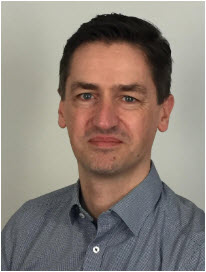David Donne - SchuF-Armaturen und Apparatebau GmbH, GERMANY
There are many Residue HydroCracking (RHC) processes from different licensors, but they nevertheless have a lot of similarities and therefore face similar challenges. Handling heavy feeds at high temperatures and pressures can lead to fouling and accelerated wear if the wrong valve types are selected. Getting valve selection right in the beginning can save a lot of operational, and potentially safety problems later on.
The presentation will look at the key valve applications in the RHC process, and how the following can play an important part in the overall performance and availability of the RHC process:
- Dead space free design to eliminate coking and clogging
- Integrating supplementary start-up and shut-down connections into the equipment
- Design and layout flexibility to allow for compact designs with optimized piping arrangements
- Planning for redundancy by using 1-in-1 and 2-in-1 control valves
- Eliminating the need for continuous flushing
- Improving erosion resistance by use of inner protection
- Keeping the process safe with quick closing isolation and emergency depressurising valves.

 David Donne is the Global Sales Director of SchuF and recently celebrated 25 years of working for the company in Germany. He started as a design engineer before moving into projects and then sales, including a three-year stint as production manager. Originally from Scotland, David has a BEng(Hons), MSc and MBA from UK universities. His main business travels takes him to Asia and to Europe where he tries to squeeze in some golfing if possible.
David Donne is the Global Sales Director of SchuF and recently celebrated 25 years of working for the company in Germany. He started as a design engineer before moving into projects and then sales, including a three-year stint as production manager. Originally from Scotland, David has a BEng(Hons), MSc and MBA from UK universities. His main business travels takes him to Asia and to Europe where he tries to squeeze in some golfing if possible.






